
By Joshua Worlasi AMLANU
Addressing the persistent revenue shortfalls of government, the Institute for Fiscal Studies (IFS) has emphasised the need for a management overhaul for the nation’s extractive sector by adopting production sharing agreements.
IFS warned that government’s latest fiscal strategy is unlikely to deliver the funds needed to finance its development agenda.
In an assessment of the 2025 mid-year budget review, the think-tank said the country should abandon the concession regime that allows foreign firms to dominate mineral and oil production at the expense of state revenue.
“The current government, like its predecessors, has started seeing its programmes impeded by inadequate revenue generation,” said Leslie Dwight Mensah, a research fellow at IFS. “A reset is needed and it should begin with the extractive sector.”
IFS argued that Ghana’s reliance on concessions has limited fiscal returns from its gold and oil resources, leaving the state dependent on borrowing and tax hikes that strain businesses and households. By contrast, production sharing agreements, used in countries such as Botswana and several Gulf states, ensure governments capture a larger portion of resource rents.
Mr. Mensah noted that Ghana’s development prospects hinge on capturing greater value from its mineral and petroleum wealth, rather than continuing to rely on taxes and external debt.
“Such a shift would not only raise fiscal revenues but also generate higher foreign-exchange inflows, helping to stabilise the cedi,” he said. “If the state holds majority stakes in the gold sector or uses production sharing mechanisms, there would be less need for an institution like the Gold Board – which merely trades gold.”
The IFS critique comes as Ghana’s revenue performance continues to lag behind expectations. Government receipts and grants fell short of target by GH¢3.24billion (US$210million) in first-half 2025, with oil revenue alone underperforming by more than 40 percent.
The shortfall forced deep cuts to capital spending, derailing government’s ‘Big Push’ infrastructure agenda.
Despite these gaps, government maintained its original full-year projections in the revised 2025 budget – apart from an adjustment for higher energy levies.
IFS said the unchanged targets are unrealistic, given the weak outturns in first half of the year.
“The revised revenue projection does not account for developments in first half of the year and consequently looks unlikely to be achieved,” the think-tank said.
The group also cautioned against a hasty return to international capital markets to plug financing holes, arguing that fresh borrowing would quickly undo progress from recent debt restructuring. Ghana’s debt service costs already consume a significant share of public revenues.
While macroeconomic indicators have improved – growth reached 5.3 percent in the first quarter, inflation fell to 13.7 percent in June and the cedi appreciated sharply – the IFS warned that these gains will not be sustainable without a stronger fiscal base.
Mr. Mensah said President Mahama’s recent call for African nations to take fuller advantage of their natural resources should be backed by policy action.
“Without repositioning the extractive sector for effective revenue mobilisation, Ghana will not see genuine development,” he said.
The post IFS advocates shift to production sharing in extractives appeared first on The Business & Financial Times.
Read Full Story
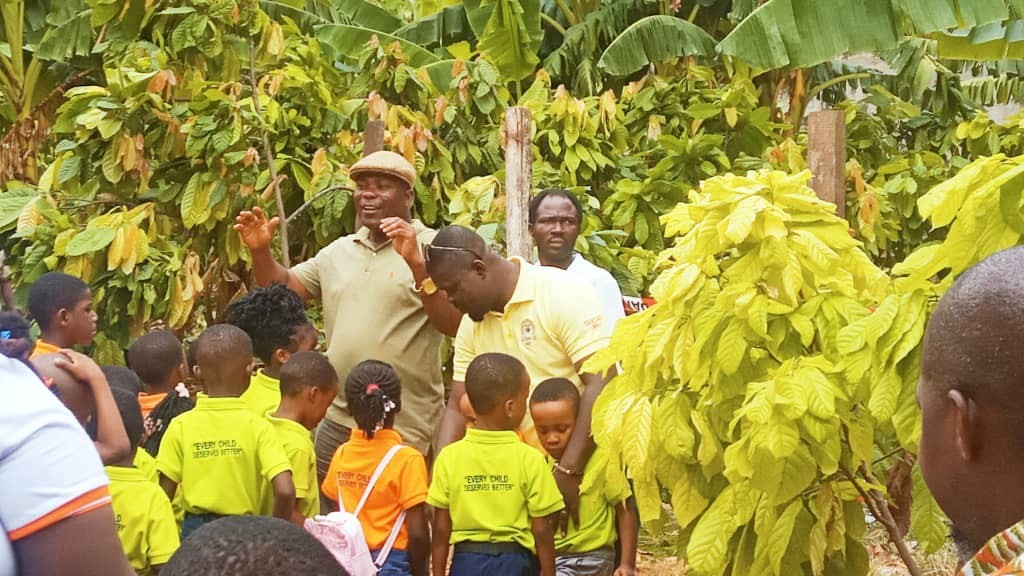
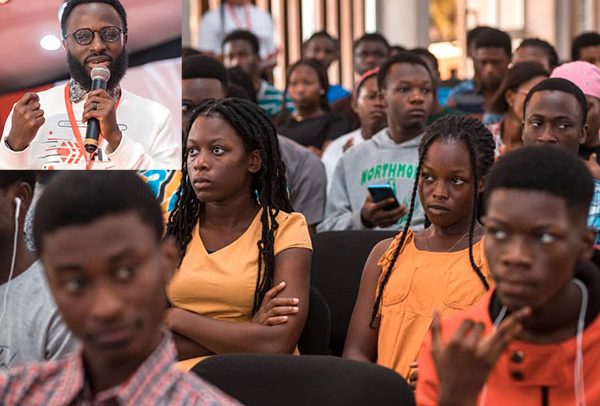





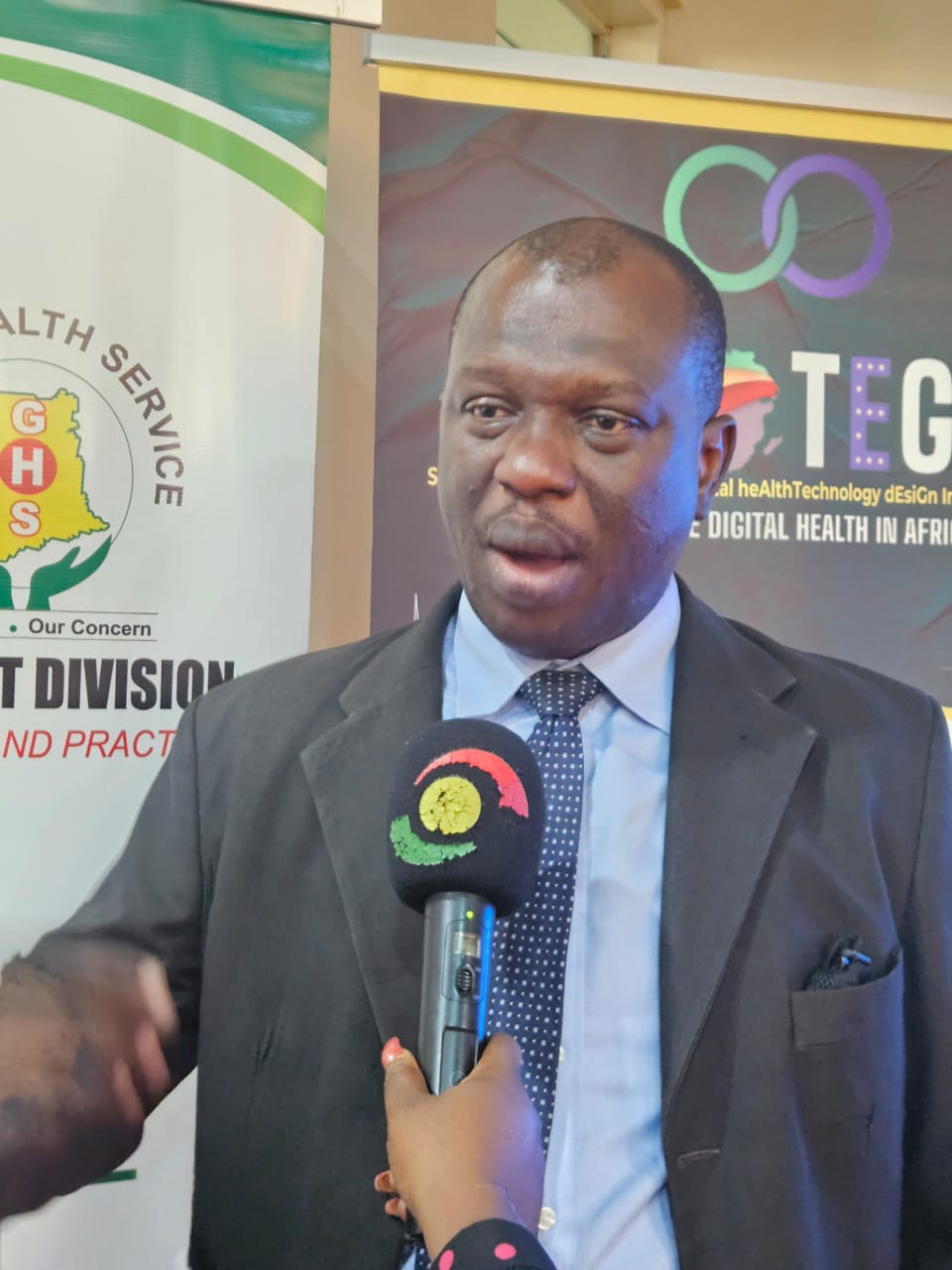



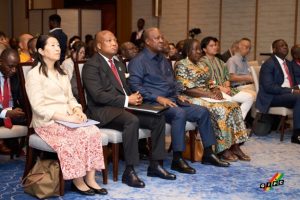

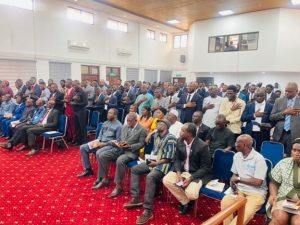

Facebook
Twitter
Pinterest
Instagram
Google+
YouTube
LinkedIn
RSS